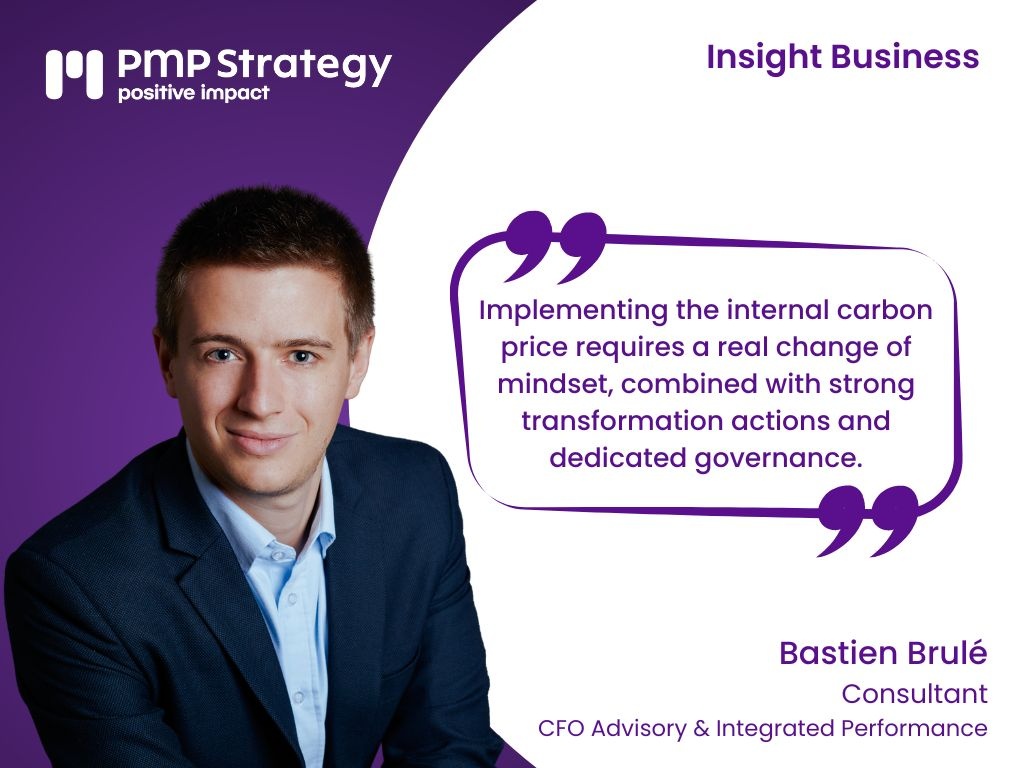The loss of confidence of policyholders
The Covid-19 crisis has highlighted what has been lacking in the insurance sector for several years: a lack of transparency and simplicity of offers both in property insurance and in personal insurance, particularly on the market for individuals and professionals. As businesses faced the disruption in their business, many policyholders, the general public and even some politicians expected the operating losses, a significant consequence of the crisis, to be covered. A misunderstanding that has aroused strong criticism when insurers do not have the capacity to cover systemic risks. 93.3% of contracts do not cover this situation according to a survey carried out by the ACPR in June 2020. Beyond the crisis, many consumer initiatives show the need for more transparency in insurance coverage. While from December 1, members can change their complementary health at any time, the UFC-Que Choisir protested against the opacity of the sector concerning the rate of redistribution to insureds of contributions, an essential and mandatory compass. to compare market offers, thus putting five complementary organizations on notice. These criticisms show that the insurance sector must restore confidence in its policyholders by taking up the challenge of simplicity and transparency, by doing educational work, and by reaffirming its social role.
A change in the needs of policyholders, confirmed by opinion surveys
The expectations of policyholders vis-à-vis the insurance sector are all the more demanding as new consumption habits are pushing each customer relationship to be constantly compared to the state of the art of the market, across all sectors.
- Readability and transparency : The feeling of incomprehension on the part of the customer is still too present today: if 93% of French people indicate having already taken out insurance in their life, 54% of them have never read the contract in full.
- Simplicity and reduced customer effort : the insured must have the ability to quickly understand his coverage and exclusions without spending too much time. 44% of French people today consider that they are not sufficiently informed about their insurance contracts.
- Personalization : 69% of Internet users want personalized content when they browse a site.
Driven by customer expectations, and accelerated by regulatory pressure, the work of insurers on the legibility and simplification of contracts meets concerns related to societal commitment and the search for meaning.
The new regulatory requirements are pushing towards greater transparency, readability and freedom for policyholders
It has always been necessary for insurers to seduce in order to attract and then retain the customer. But in recent years, the authorities have sought to increase the freedom and rights of policyholders and the constraints and duties of insurers. The public authorities have increased the number of laws to promote competition for the benefit of the interests of policyholders:
- the portability of life insurance contracts (Pacte law),
- the possibility of terminating your car and HRM contract via the Hamon law,
- the possibility of putting the offer of bank insurance in competition with borrower insurance via the Bourquin law,
- and more recently the possibility of sub-annual termination.
They have also strengthened consumer protection in their relations with all insurance distributors (PRIIPs, DDA) and have tightly regulated the conditions for the collection, archiving and use of personal data.
New entrants who surf new uses and new technologies
In recent years we have seen the emergence of new entrants in the insurance market, mostly with broker status, and sometimes with insurer status: Lovys, Luko, Alan, Lemonade.
All of them focus their model on simplicity and transparency: subscription in a few minutes, smooth customer experience, 100% digital journey, publication of internal data. Others go even further: Lemonade has opted for the status of Benefit Corporation, equivalent to a company with a mission in France, and offers to donate part of its financial results to associations chosen by members (GiveBack program).
The opportunity to give meaning and go even further by thinking « raison d’être » and « business with mission »
The PACTE law amended corporate law to include corporate social responsibility (CSR), in particular by integrating new concepts of “raison d’être” and “company with a mission”. The latter has 4 inseparable components, which induce as many major changes for the company:
- The raison d’être is the backbone of the company: Inscribed in its statutes, it explains the vocation, the main orientations, the commitments and the actions which guide the strategy of the company
- The mission formulates one’s desirable future and allows people to engage and innovate
- The company adopts a new form of governance that rehabilitates the long term and takes into account contemporary issues
- The mission committee ensures the follow-up of the mission in a process of transparency
Many traditional insurers are starting to take this step. In July 2020, the elected members of MAIF members voted for the adoption of the status of a company with a mission. From now on, all decisions taken must aim to achieve the five social and environmental objectives set out in its statutes. For its part, insurtech Wakam has included its raison d’être – « To make insurance transparent and impactful » – in its statutes and is transforming itself into a company with a mission.
The health crisis, an accelerator towards greater transparency
On this subject, as on many others, the health crisis constitutes a formidable accelerator (teleworking, management methods, digitization, etc.) towards the simplification, clarification and transparency of offers, which necessarily involves:
- A review of the offers to make them more intuitive, more customizable and easier to understand;
- Work on processes to make them quick and easy for policyholders.
Charles Montet, Senior Consultant PMP and Marie-Sophie Houis, Partner PMP





